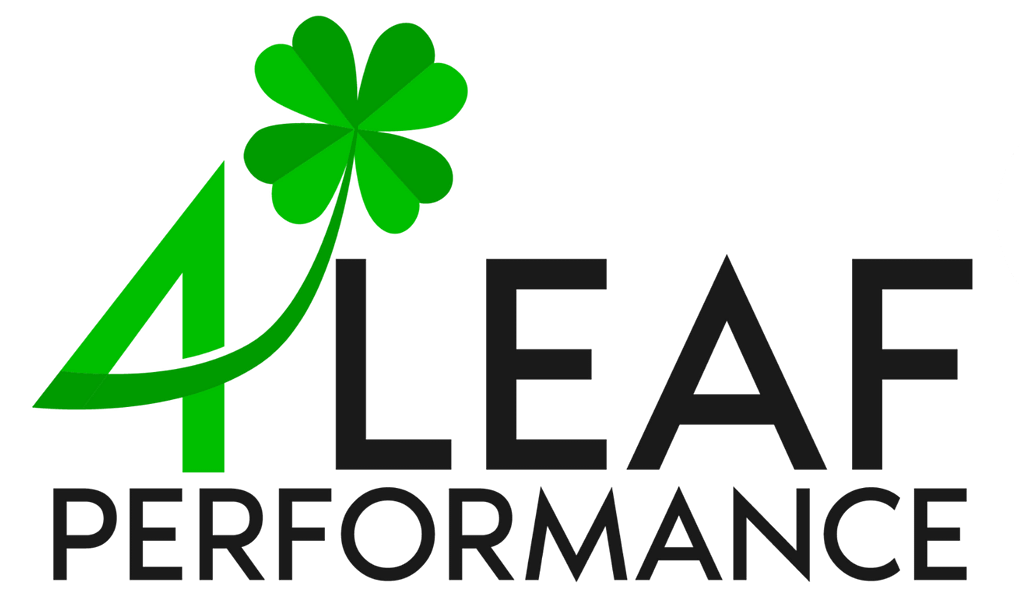Active listening is pivotal in conflict management, transforming workplace challenges into collaborative growth opportunities. It goes beyond hearing words to fully engaging with the speaker’s message, emotions, and concerns, fostering respect and validation. Essential elements of active listening include maintaining full attention, using nonverbal cues to show engagement, reflecting and seeking clarification for mutual understanding, empathizing with the speaker’s perspective, and refraining from interruptions to fully comprehend their viewpoint.
4 Steps to Effective Confrontation
Are you facing challenges navigating conflicts within your team? Discover transformative strategies in our latest session on conflict resolution skills. Andrew Lamb unveils “The 4 Steps to Effective Confrontation,” equipping leaders with the tools to address conflicts constructively and foster a culture of growth and improvement.In conflict resolution, active listening helps de-escalate tensions, uncover core issues, and promote mutual respect, leading to more enduring solutions. It creates an empathetic environment essential for cooperative problem-solving. Challenges such as personal biases, the impulse to respond before fully listening, and the pressures of a fast-paced workplace demand conscious effort and practice to master active listening.
4 Leaf Performance emphasizes the role of active listening in creating productive teams and healthy organizational cultures. Their coaching services aim to enhance leaders’ active listening skills and other leadership competencies, guiding them to navigate workplace complexities more effectively. By leveraging these skills, leaders can refine their conflict resolution strategies and improve their overall leadership approach, paving the way for a collaborative and thriving workplace.
Explore our blog post “Active Listening Skills are Key to Conflict Management in the Workplace” for detailed strategies and expert advice on leveraging active listening for effective conflict management and leadership in your organization.


